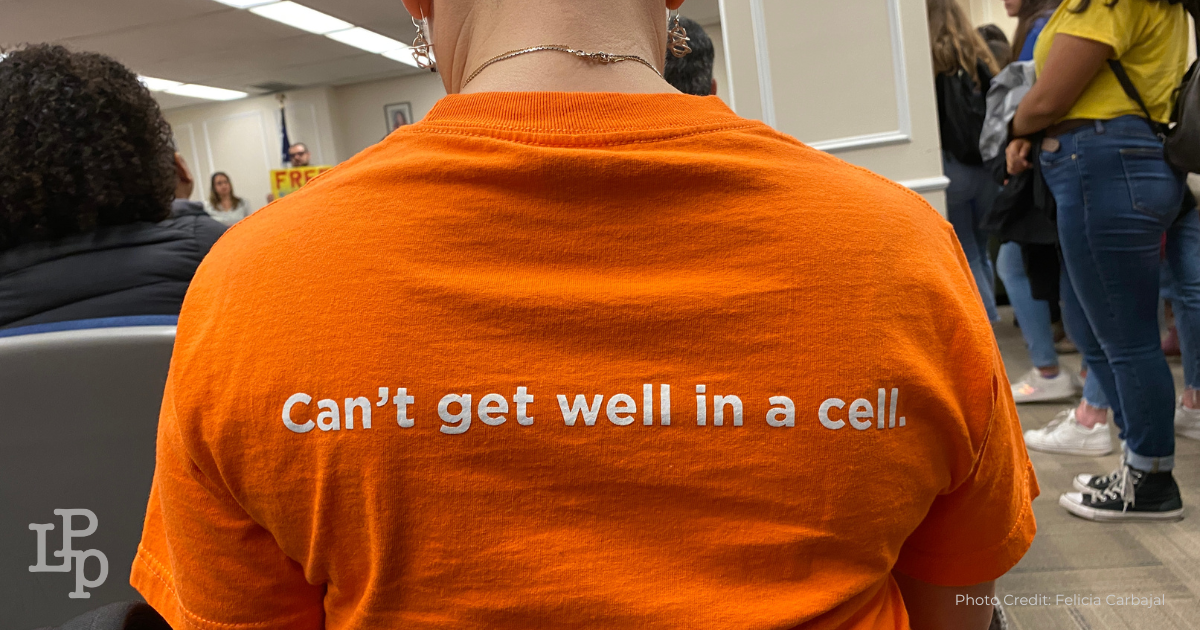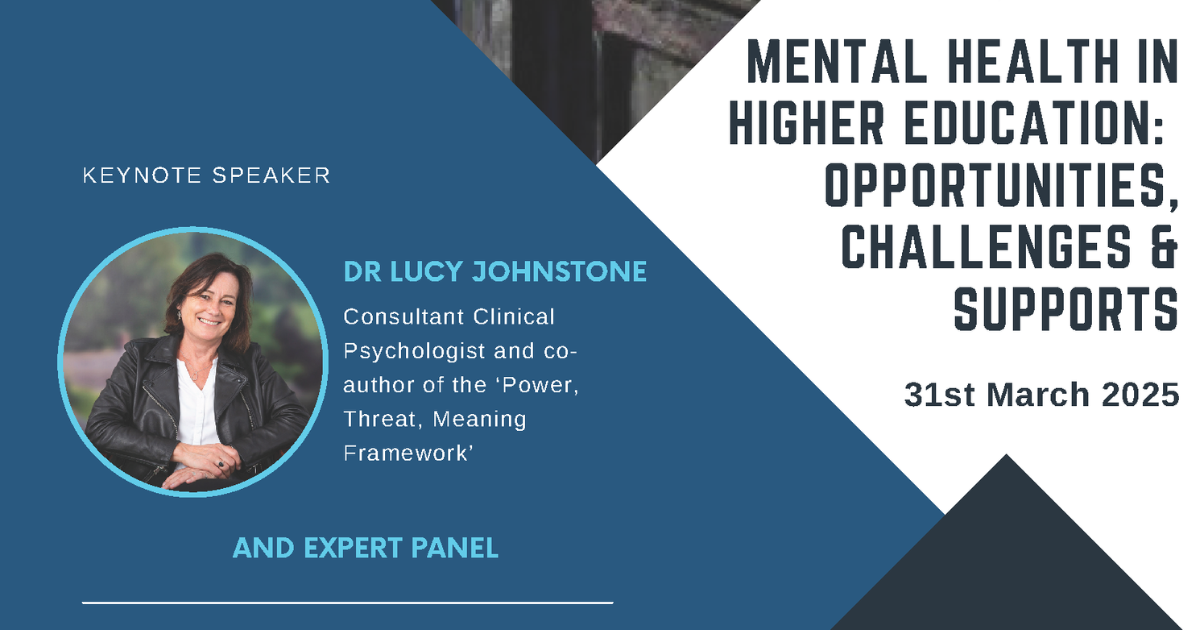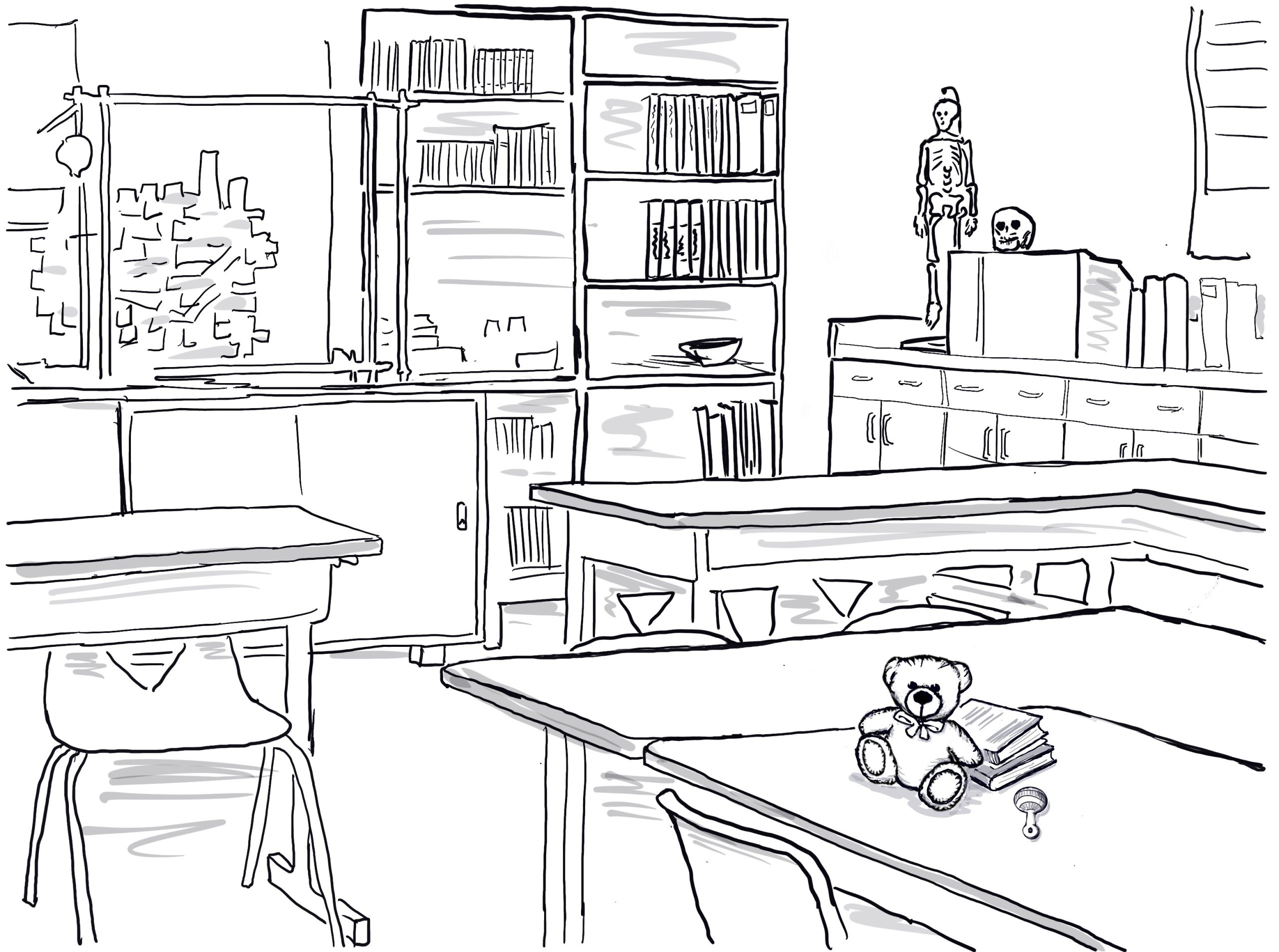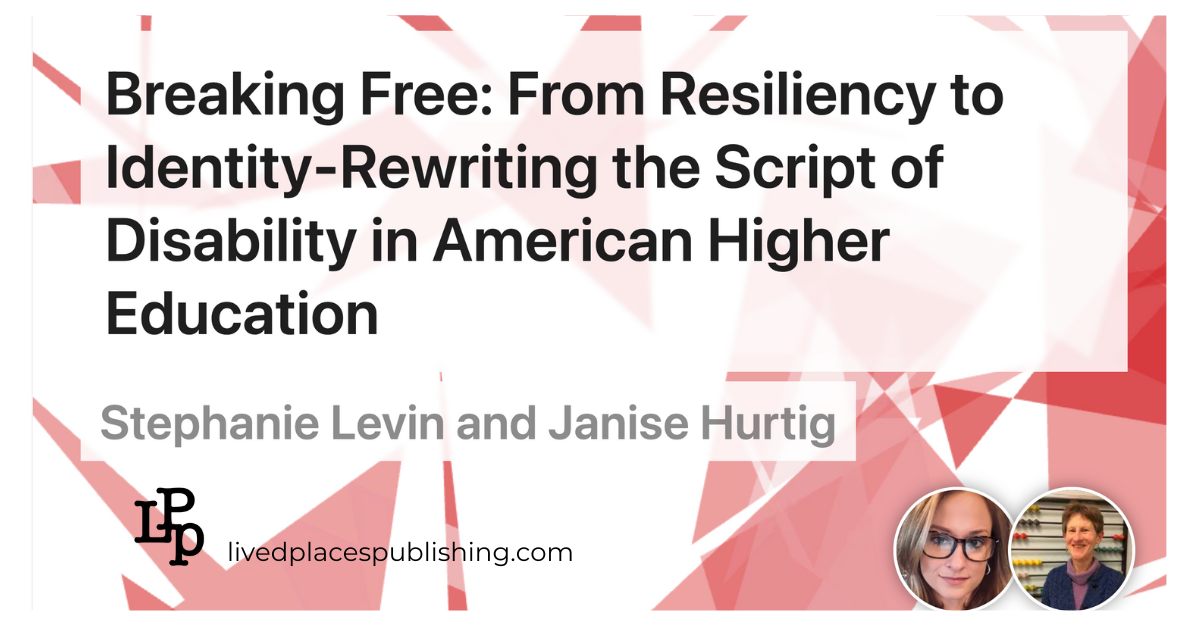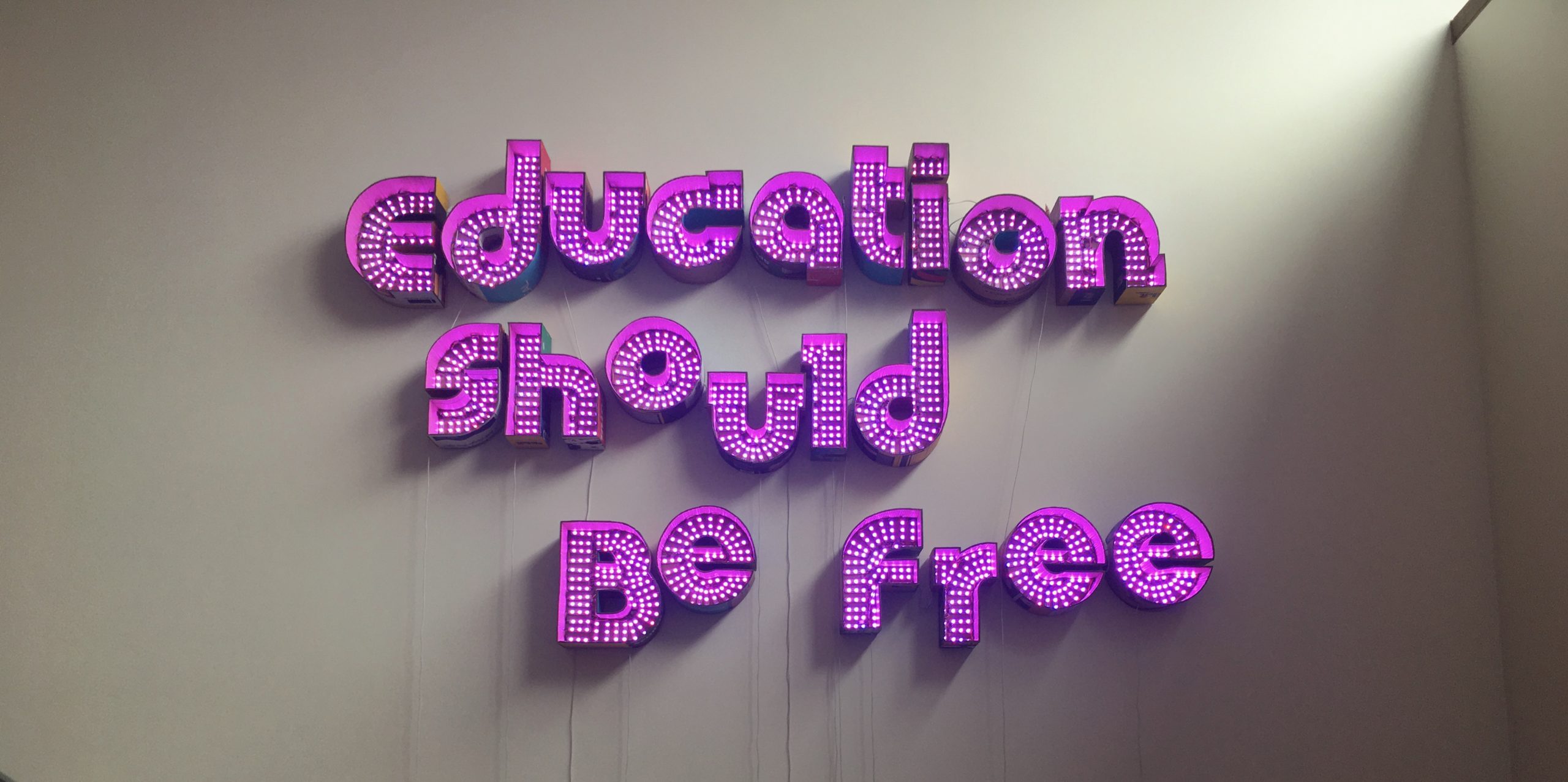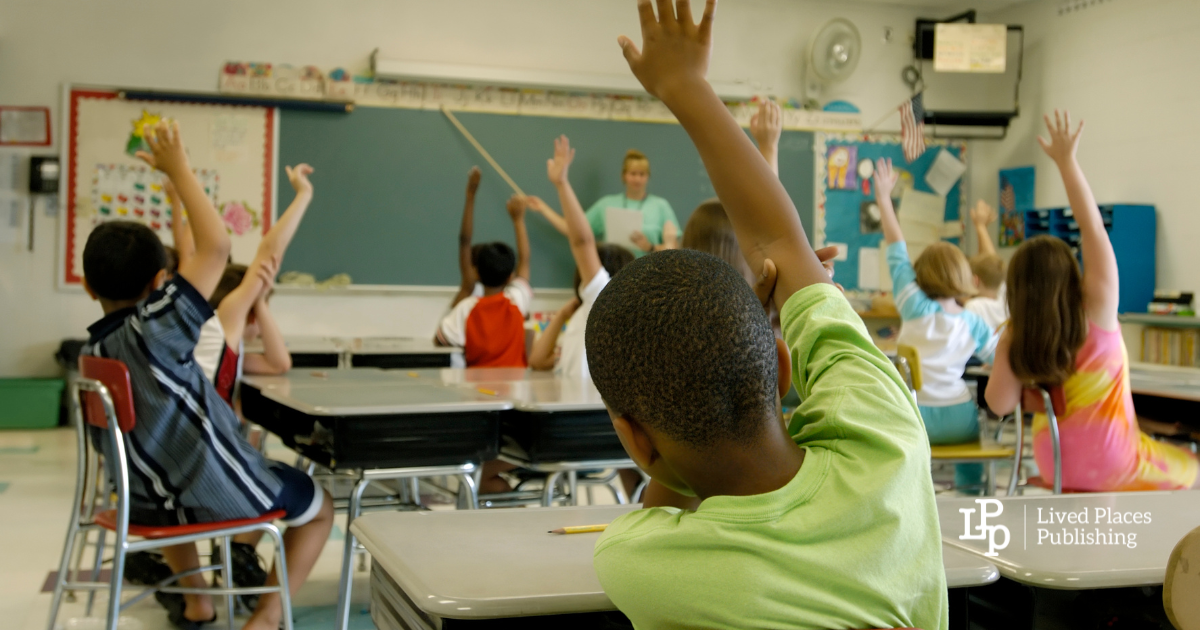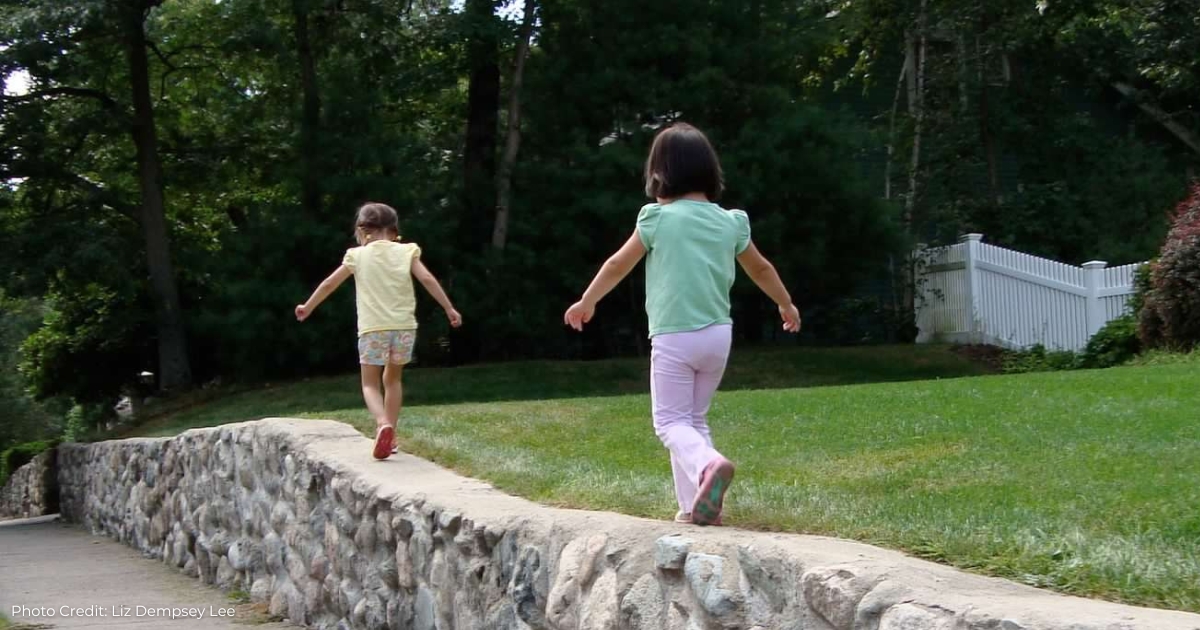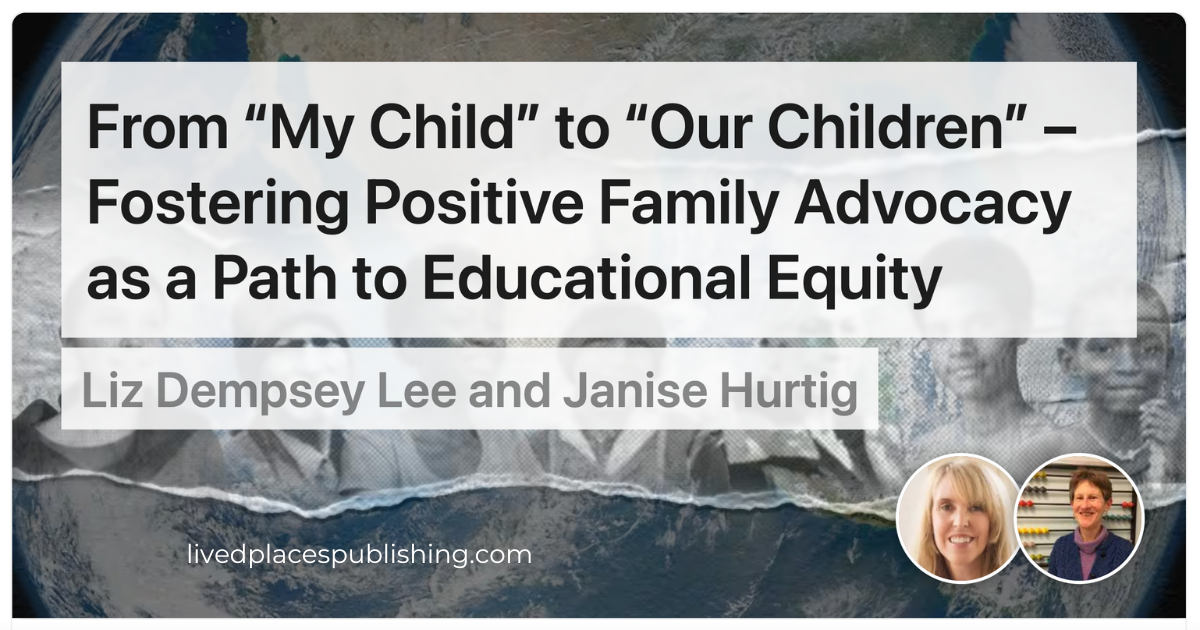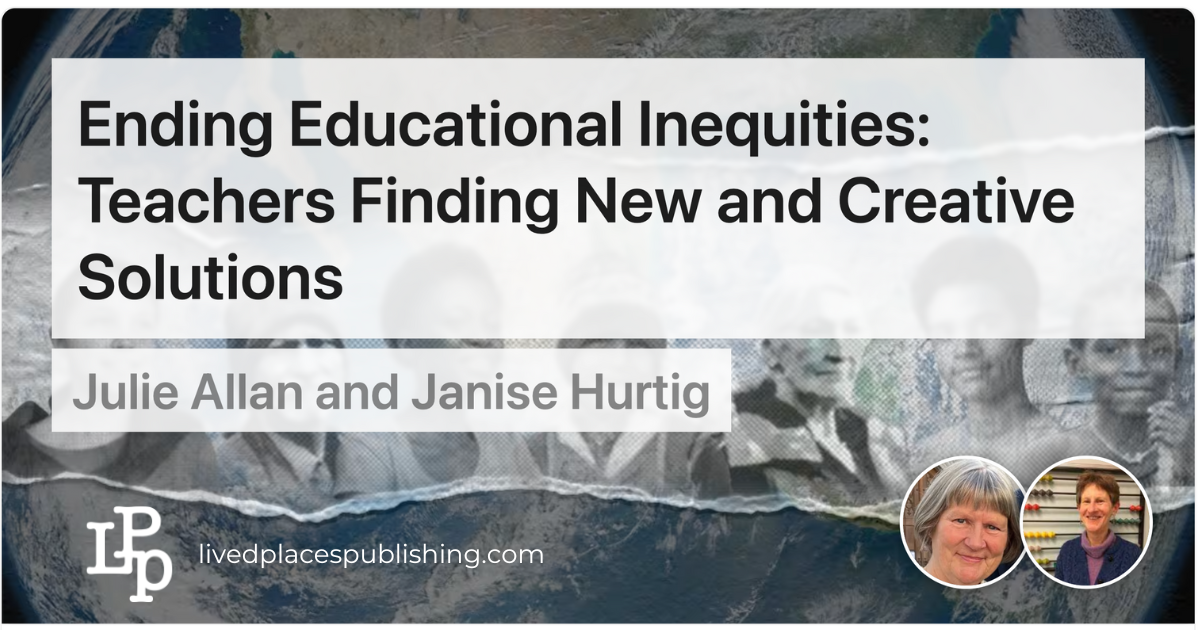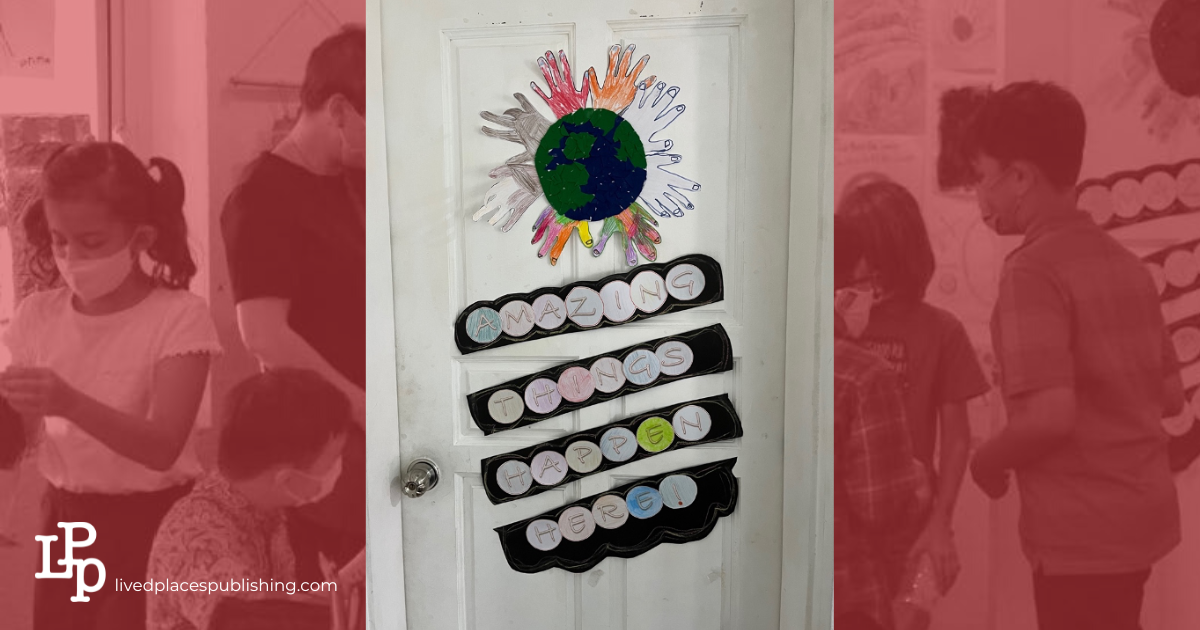From Harm to Healing: The Fight for Liberation in a Society That Criminalizes
Survival in a world built on punishment is not just an act of defiance but a testament to the resilience of those who have been criminalized—Black, Brown, Indigenous, LGBTQ+, and poor communities. Their struggle is not just against incarceration, but against a society determined to strip them of dignity and opportunity long after they’ve been released.

